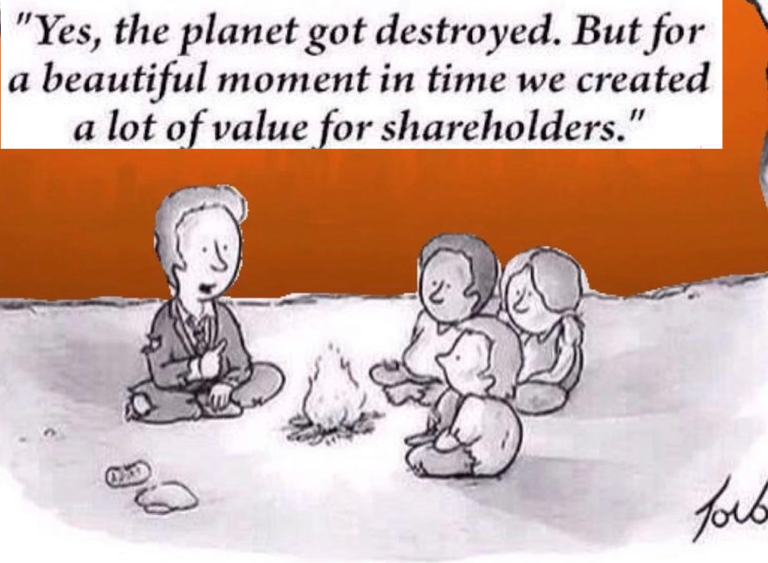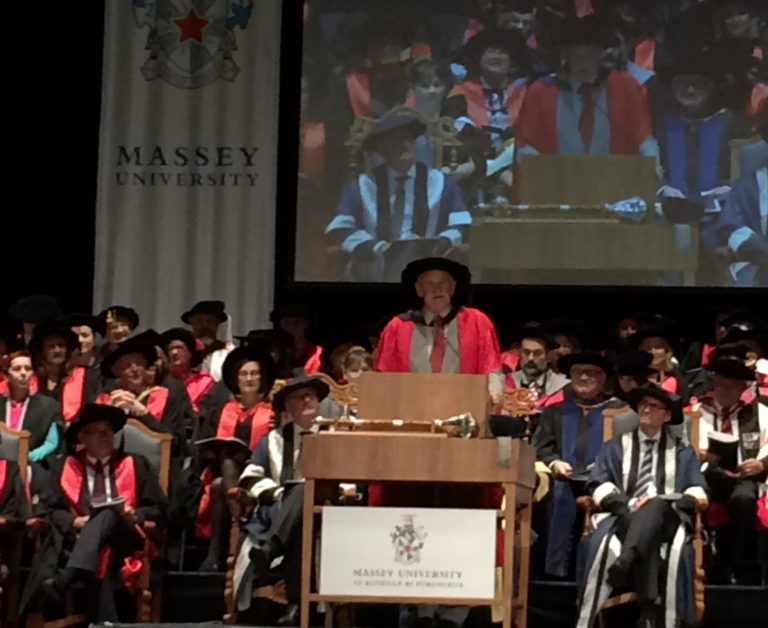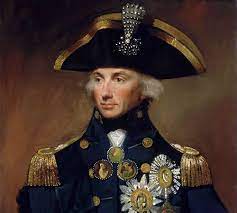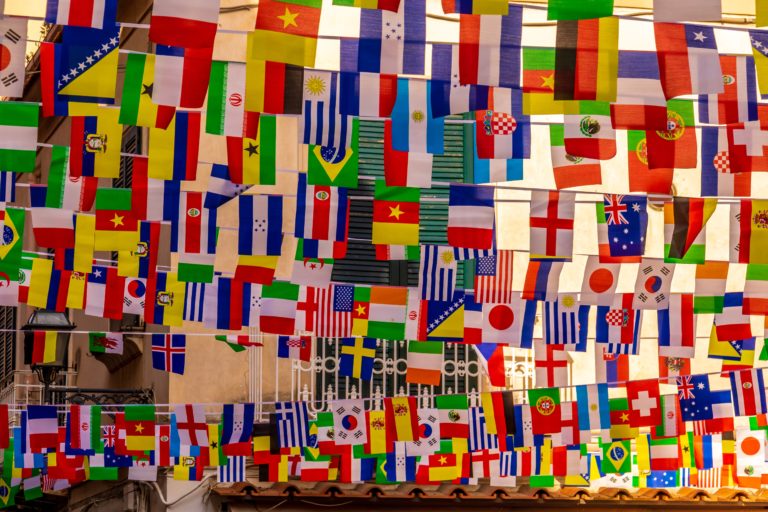A Man for Torrid Seasons
Collective thoughts, generously assembled by Nick Bridge
Some would say the job of praising Gerald has been done, both more and less splendidly, in recent obituaries. Myself, and other colleagues who gained so much from serving alongside him, felt there was room for more. These perspectives flesh out Gerald’s diplomatic career and show how invaluable those years were in fulfilling the challenges of the Wellington assignments that crowned his career.
It is often the case that especially intelligent individuals have a talent for making clear the most complicated matters, and then finding the most effective pathway to tackling them. Gerald had this talent – in spades. He was admirably clear-sighted ; his written advice to Ministers was always lucid and uncluttered and the envy of even his most talented colleagues. His writing set the highest standard for seemingly effortless clarity and cogency. Verbally he was clearcut too. In one memorable exchange PM Muldoon growled, “This is not the sort of advice I want to hear, Mr Hensley.” “Prime Minister, it’s the best advice we can give you.” “Harrumph…”
A bureaucrat’s job is not only to advise; it is also to implement the government’s policies. When High Commissioner in Singapore, Hensley did this to such effect that on one of his frequent stopovers to have a couple of hours with the Singapore leader, Muldoon was surprised to hear Lee Kuan Yew rating his diplomat as the most impressive, intelligent and effective bureaucrat he had ever encountered. Three months later Hensley found himself back in Wellington as Head of the Prime Minister’s Department. The friendship between the Hensleys and the Lees remained strong and in their retirements it blossomed; with the Lees sometimes staying in Martinborough with the New Zealanders. It was tested only once – when Lee asked Hensley if he would, as his publisher wanted, cull some 20,000 words from Volume Three of his memoirs. As Gerald said, what quicker way to end a friendship. But cull he did; and the friendship flourished.
Gerald was Head of the PM’s Department for some seven years from 1980 – four with Robert Muldoon and three with David Lange. If Muldoon was a demanding taskmaster, David Lange was challenging too because one could never be certain day to day where he stood as regards matters that had seemed fixed the day before. The ANZUS issue highlighted this. It taxed all the New Zealand officials involved. And the Australians too. That Hawke and Lange did not get on made matters even more complicated. It was not easy, well it was damn near impossible, for Gerald to steer the unpredictable Lange through the minefields of American and Australian perplexities. Despite his personal misgivings about the inevitable implications for ANZUS, Gerald helped manage David Lange through to his objective; but he received no thanks for it. He was moved from PMD to head Domestic and External Security before taking a year’s sabbatical at Harvard. Then he was appointed to his final Wellington responsibility – Secretary of Defence from 1991 to 1999, when he retired. During those years he led the gradual and highly important process of rebuilding defence relationships with our allies, especially the US. His extensive personal links with key players were invaluable in that.
It was the rich and varied experience gained from his earlier five diplomatic assignments that equipped Gerald for those testing Wellington responsibilities. The years with the two Prime Ministers were especially taxing. Always unflappable, it was that and his wonderfully self- deprecating sense of humour, together with old fashioned good manners , that saw Gerald through and made working with him such a rewarding experience.
His diplomatic career had begun in 1959 when, as a twenty-four- year-old and just a year after being recruited into the then External Affairs Department, he was posted to Samoa to see through that small country’s pathfinding move from NZ Trusteeship to independence. It was a considerable challenge for the two countries concerned, complicated by the fact that the European colonial powers were most uneasy about Wellington’s policy and its implications for their colonial possessions. It was here that Gerald cut his diplomatic teeth as he saw the issue through to its ground-breaking conclusion. Once Samoan independence had been achieved , he was posted to the UN where his first-hand South Pacific experience was especially valuable as the organization grappled with often fraught post-war decolonization issues.
After four years in New York, he was appointed Special Assistant to the first Commonwealth Secretary- General, the Canadian Arnold Smith. This four year appointment plunged Gerald into the highly demanding maelstroms of post- colonial Africa – not least the exhausting crisis diplomacy required for grappling with issues such as Nigeria/ Biafra and Rhodesia’s UDI.
Following the four demanding years in the Commonwealth , Gerald was posted to Washington to lead the Embassy’s political branch at a time when Nixon and Kissinger were , like New Zealand, embroiled in the end of the Vietnam war and when Kissinger was spearheading America’s dramatic openings to China. These were testing times for all concerned; not least for Southeast Asia – an area coming to be known in Wellington as New Zealand’s near north , and where successive NZ governments were closely involved in supporting the region in fashioning cooperative multilateralism out of the tensions and animosities that had prevailed since the end of the Second World War. It was in Washington that Gerald saw at first-hand how a major power formed strategic policy and applied critical thinking to decision making. That of course was then… In Washington he made contacts, both American and international, of enduring value.
After Washington, Gerald’s final diplomatic assignment to Singapore saw him putting all his international experience into New Zealand’s relationship with a country at the heart of Southeast Asia – a region of growing importance to Wellington. It also, as noted above, saw the ending of his diplomatic career courtesy of one of the region’s most dynamic leaders.
Gerald Hensley’s was an outstanding career that served his country supremely well.




